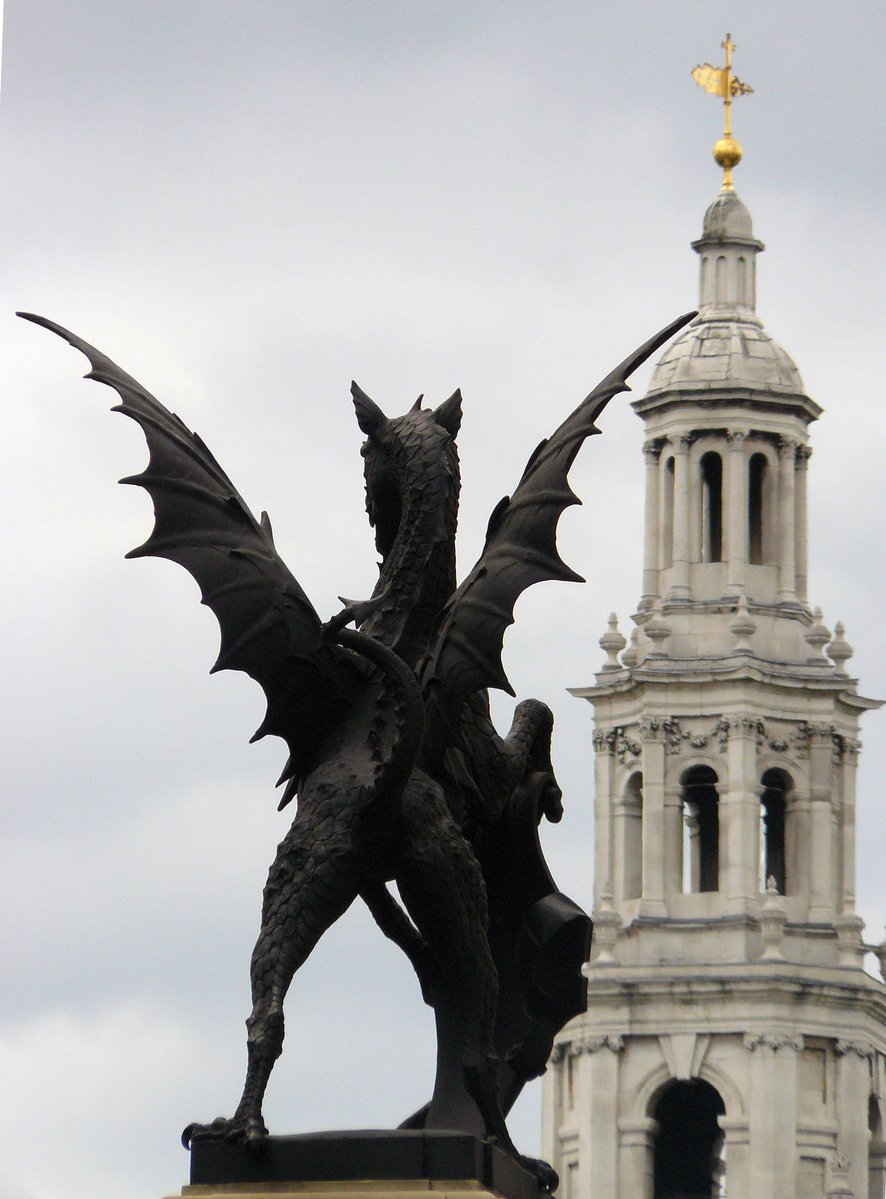

FIVE DAYS AGO we saw the headline "South Dakotans got more patents in 2017 than any previous year" (sounds great, doesn't it?).
"The subtle implication is a corny assertion that more patents directly lead to more "innovation" -- however one actually defines the term (some have made it synonymous with patents)."There's still this tendency in local media to glorify newly-granted patents in the area (here are a couple of new examples [1, 2]). There's also the assumption that patents imply ongoing/imminent implementation of some product (here is a new example of Samsung [1, 2] and of Sony). In practice, as latest news from China serves to show [1, 2], these patents are often just a path to litigation or taxation. Nothing else. Blockchain patents, as we noted here recently, are being stockpiled not only by trolls but also large companies such as IBM. A reader has just sent us this article about 'the' Bank of America stockpiling these as well, probably as means of protectionism.
"The lion's share of patents will get granted to just hundreds of very large firms; individuals named on these patents are just employees and they have no control over these patents."Let's accept that many poor nations innovate without publication and without patents. Farming and agriculture techniques are few among many examples. Patents often suggest that one had sufficient spare funds to write up a few pages of text, typically with help from a highly expensive law firm, whereupon some examiner thought it looked decent enough and granted a patent. Millions of patents have already been granted, so this achievement is not particularly unique. The lion's share of patents will get granted to just hundreds of very large firms; individuals named on these patents are just employees and they have no control over these patents. If the company gets sold or sells these patents to trolls, the employees (who may have already left this employer) have no say. So what kind of a 'trophy' is this anyway? ⬆